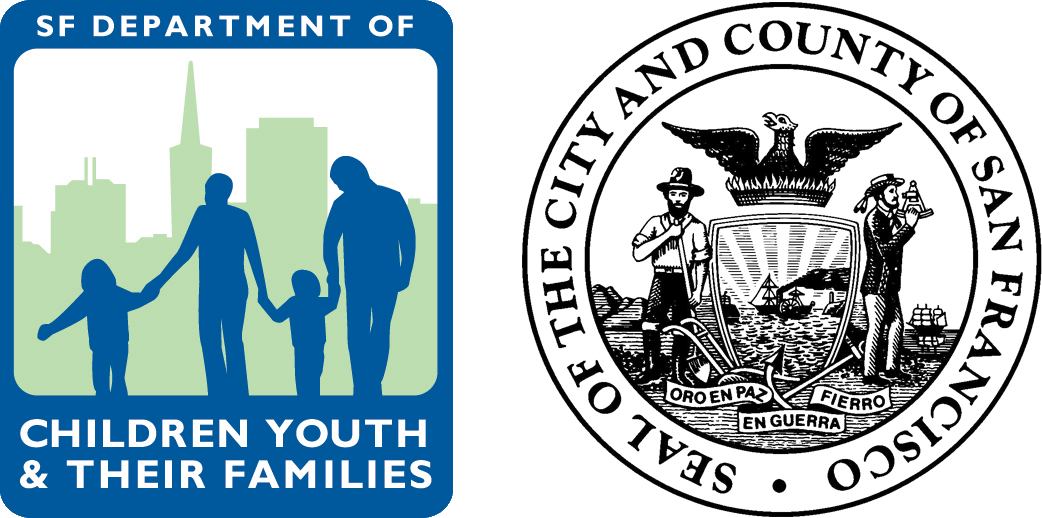Memo from the Director: Mayor’s Proposed Budget for FY20-21 and 21-22
August 3, 2020
Dear Grantees,
After many weeks of hard choices and tough decisions, Mayor Breed delivered her proposed budget for Fiscal Years 2020-21 and 2021-22 to the Board of Supervisors on July 31. Mayor Breed’s budget includes investments that prioritize racial equity and support for San Francisco’s African-American community, continued progress on homelessness and behavioral health, and maintaining the City’s response to the COVID-19 pandemic, despite a $1.5 billion two-year shortfall. I want to share with you what was in this document, and to highlight a few key points that are relevant to DCYF.
When we started the budget process, DCYF was asked to make almost $24 million in cuts over two years. However, thanks to Mayor Breed’s commitment to the City’s children, youth, and families, our final budget changes – excluding San Francisco Unified School District (SFUSD) and Free City College (FCC) – for FY 2020-2021 is $0.3 million increase and for FY 2021-2022 is $12.6 million reduction. We are in active conversations with the Mayor’s Budget Office to plan for FY 2021-2022. I have included an annotated table below that explains the different budget items.
The Mayor’s proposed budget reinvests $120 million from the City’s public safety and justice departments toward efforts to repair the legacy of racially disparate policies on health, housing, education, and economic outcomes for African Americans. As part of this reinvestment, Mayor Breed redirected $7 million from the Juvenile Probation Department to DCYF to ensure that CBOs that serve a majority of African American children and youth do not receive budget cuts, particularly Black-led agencies that provide services for justice-involved youth. This means that for FY2020-21, DCYF's CBOs that do not directly fit into this prioritized criteria will incur at most a 2% budget cut.
A key part of DCYF’s rapid response to support children, youth, and families since the onset of the COVID-19 pandemic has been the Emergency Child and Youth Care program. In response to school closures and the city’s Stay Home Public Health Order, DCYF partnered with our CBOs, the Recreation and Parks Department, and the Office of Early Care & Education to rapidly deploy child and youth care programs for essential workers, disaster service workers, and families in need. While these programs were intended to operate for a very limited amount of time, the school year is nearly here, the pandemic is still very much with us, and DCYF is determined to continue to support working and high-need families.
Earlier this month San Francisco Unified School District announced its plans for distance learning and limited school reopening this fall, and in response DCYF will partner with our CBOs and City agencies to provide Community Learning Hubs throughout San Francisco. The Community Learning Hubs will provide full-day, in-person programming, support access to technology for distance learning, and provide additional enrichment programming, including STEAM-based and literacy activities, and nature-based outdoor play and education.
It is important for all of us to understand the full budget for the City, as the budget is the strongest statement of San Francisco’s values and the compass for our path forward. With cautious yet renewed hope, I look forward to our work together, despite adversities both recent and historical, to make San Francisco a great place to grow up.
In Community,
Maria Su, Psy.D.


